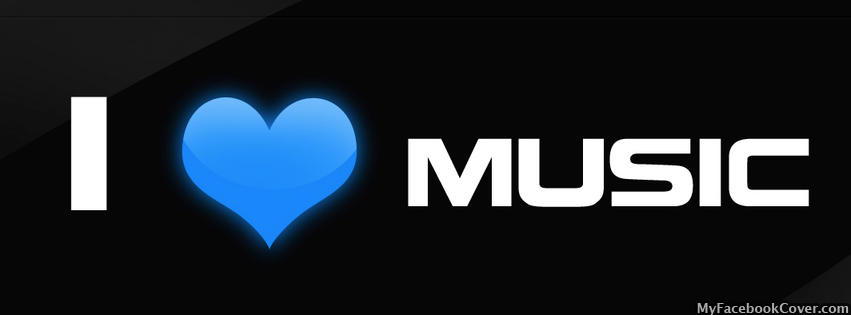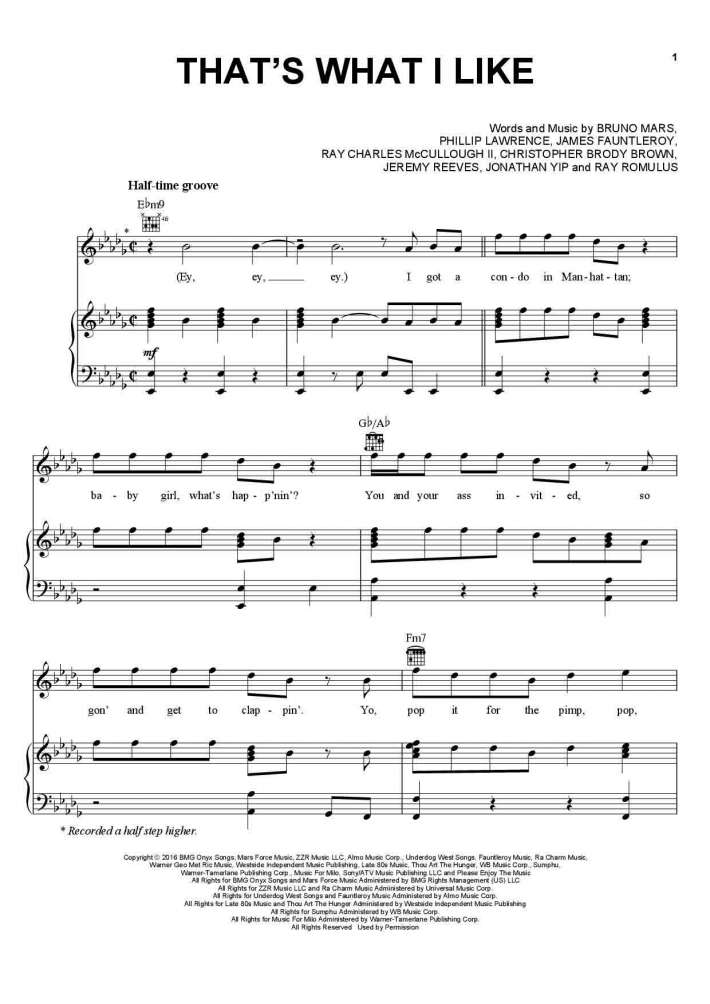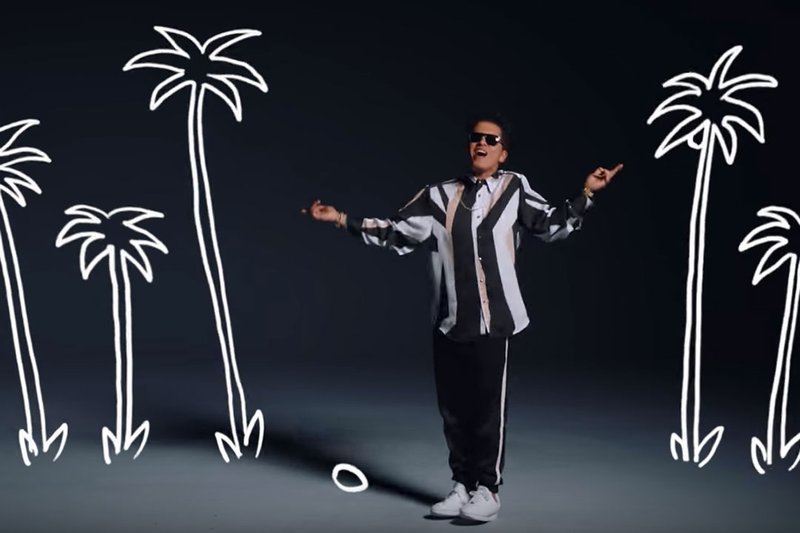
For example, they absolutely refused to give us any special advantage, insisting that the market needs to see a level playing field… we offered them ownership in our company, money, etc - but they had no interest. But he makes these calls so we followed him.Īs to what stood out: it’s a combination of 3 things:ġ) The technology itself - Facebook’s platform, like any platform, offers the developer building blocks to build apps faster than they could if they were starting from scratch, and to tap into a rich source of data & capabilities that would never otherwise be available.Ģ) The potential for viral spread - due to the way the Facebook news feed works, an app can spread across the community entirely by viral spread, as friends get notified when one person adopts it… this essentially bypasses the idea of trying to make your app “viral” as a standalone, because the Facebook is itself naturally viral.ģ) The rhetoric from the Facebook management team, starting from the CEO himself, made it clear that they have a long-term commitment to a level playing field. What he said was, “in the history of computing, there was the personal computer, there was Windows, there was the web, and now the Facebook platform.” You can imagine that I and most our company was pretty skeptical. A month ago, even though the Facebook Platform wasn’t fully fleshed out, he saw just from the early beginnings of it that this could redefine web development.


VB: What made iLike think that Facebook Platform would be a big deal? What stood out about it?ĪP: Hadi has a strong background in the concept of platforms… at 24 he became the head of product management in the IE group at Microsoft, and was a key player in the browser wars. First two or three people, then a few more, and by the end it was a huge group of engineers pulling back-to-back all-nighters for a week-long sprint to the launch. We re-prioritized everything else, and started moving our people off other projects onto this. But when we finally did get access, our President, Hadi Partovi (my twin brother) took very little time to decide this was a huge strategic priority. We then gave up a bit, and we were actually a bit late to the game learning about the platform in detail. They repeatedly said they won’t do an exclusive relationship, but would rather create a level playing field where we could compete with other third parties. What’s the status? Do you have enough servers now?ĪP: So, first to give you the back-story on how we got involved: Over the past several months, we’ve pushed and pushed with Facebook asking for some sort of exclusive relationship. Yet on the integration since Friday morning, there have been bugs and other issues on iLike’s end. You’ve been working on putting iLike on Facebook for several months now. VB: Tell me about your experiences with Platform so far. He compares Facebook’s platform to the web itself.

We interviewed iLike chief executive, Ali Partovi. It is by far the most popular application. And that's too many conspiracy theories for a Saturday afternoon.A few days after social network site Facebook opened its platform to third-party sites, iLike, a popular music sharing site has scored 723,936 users on Facebook. Either that, or maybe they'll buy this one. It's a stretch, but iLike taking the "Music" app name could be taken as a sign that Facebook won't be creating its own service with that name. One would think they'd want the name "Music" to be reserved for it. There were, at a time, loads of rumors that Facebook would be launching a music service of its own.

I'm going to put on my Web 2.0 tinfoil hat for a second and wonder if changing its app name to simply "Music" is something that iLike has wanted to do for a while, but couldn't because of internal regulations at Facebook. "We did some research and saw that every other big app is named as a common noun ('Causes,' 'Movies,' 'Bumper Sticker,' etc.) and we wanted to be more consistent with what seems to be the norm on the Facebook Platform." "It's just a name change," iLike representative Emily Glassman told CNET News in an e-mail. But head over to Facebook, and the app's name has changed to "Music (iLike)." The company name hasn't changed, and it hasn't yet reflected this on its Web site. "To maintain consistency with other Facebook applications, we're renaming the 'iLike' application to simply 'Music.'" "Over 40 million music fans like you have used iLike to share music and discover concerts, and we're grateful to you for being one of them," an e-mail sent to members who have installed the app said. ILike, a social music service that has created one of the more popular applications for Facebook's platform, has changed the app's name to the more straightforward "Music."


 0 kommentar(er)
0 kommentar(er)
